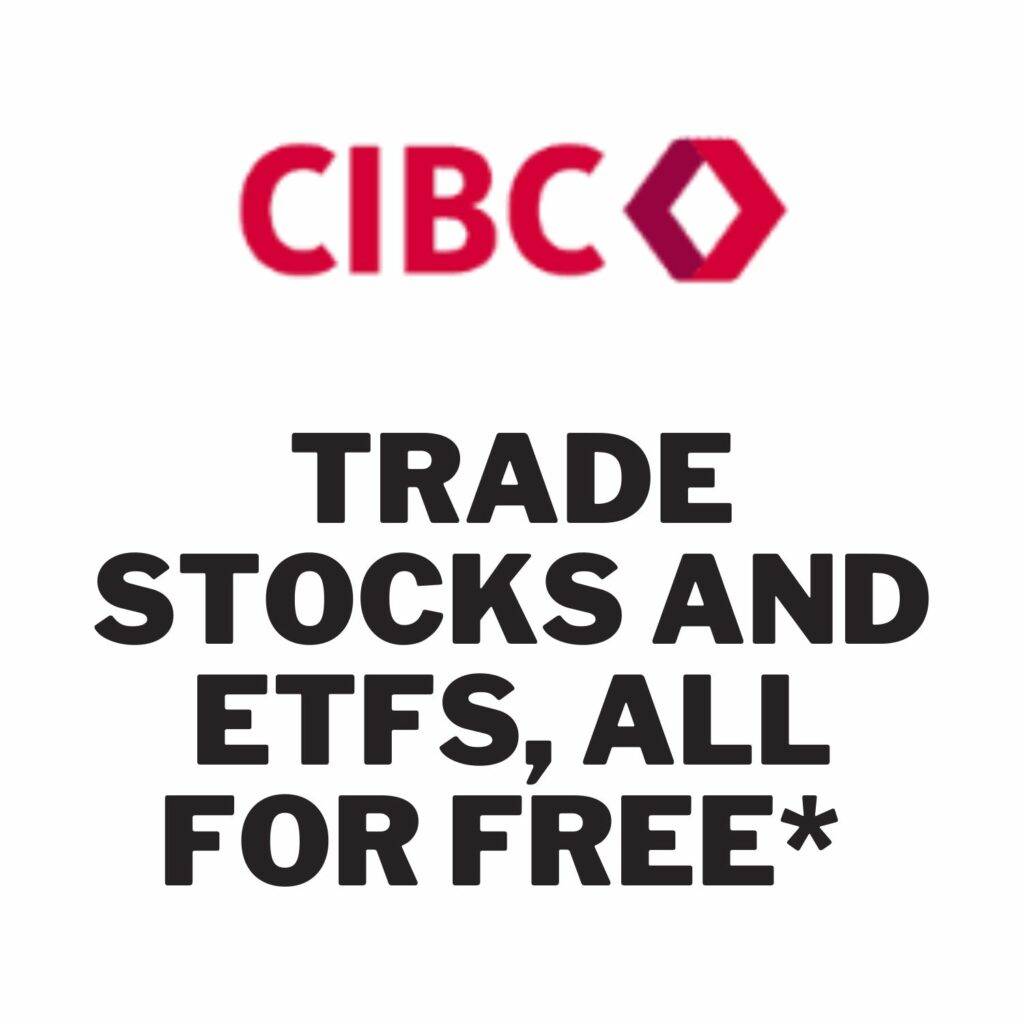Investment objective
The ZWB ETF is designed to offer investors exposure to a selection of Canadian bank stocks that pay dividends. In addition to holding these dividend-paying securities, the ETF also generates income by writing covered call options. The stocks included in the portfolio are selected based on several key factors: Dividend growth rate, Dividend yield, Payout ratio and Liquidity.
[stock_market_widget type=”card” template=”basic” color=”#5679FF” assets=”ZWB.TO” display_currency_symbol=”true” api=”yf”]

[stock_market_widget type=”chart” template=”line” color=”#5679FF” assets=”ZWB.TO” range=”1mo” interval=”1d” axes=”true” cursor=”true” range_selector=”true” display_currency_symbol=”true” api=”yf”]
What’s a covered call ETF?
This ETF stands out because it uses a covered call strategy to help protect against losses when stock prices drop. However, it’s important to note that this strategy offers only limited protection. Additionally, by writing covered calls, you may miss out on some of the stock’s potential gains if prices rise significantly. As a result, these ETFs typically offer a higher yield but may have lower overall performance.
ZWB is a great choice for conservative investors who want steady income, moderate risk, and exposure to Canadian banks. It’s also tax-efficient since all the dividends come from Canadian banks.
Please consult our recent post comparing ZWB with other popular High Dividend ETFs in Canada.
- HDIV ETF review: Hamilton Enhanced Multi-Sector Covered Call
- 8 Best Covered Call ETF Canada – High dividend yield
Historical performance
| ETF | Div Yld | |
|---|---|---|
| ZWB | 6.79% |
[stock_market_widget type=”table-quotes” template=”color-text” color=”#0F3FF6″ assets=”ZWB.TO” fields=”symbol,ytd_return,three_year_average_return,five_year_average_return” links=”{‘ZWB.TO’:{}}” display_header=”true” display_chart=”false” display_currency_symbol=”true” pagination=”true” search=”false” rows_per_page=”5″ sort_field=”logo_name_symbol” sort_direction=”asc” alignment=”left” api=”yf”]
Historical performance updated daily
Best US Dividend ETFs in Canada!
ZWB MER
| ETF | MER* % |
| ZWB – BMO Covered Call Canadian Banks | 0.71 |
Top 10 Best Growth ETF in Canada!
XIC vs XIU: Best Canadian Index ETFs
ZWB Stock Profile
[stock_market_widget type=”table-quotes” template=”color-text” color=”#0F3FF6″ assets=”ZWB.TO” fields=”symbol,price,change_abs,change_pct,net_assets,nav,fund_family” links=”{‘ZWC.TO’:{}}” display_header=”true” display_chart=”false” display_currency_symbol=”true” pagination=”true” search=”false” rows_per_page=”5″ sort_field=”logo_name_symbol” sort_direction=”asc” alignment=”left” api=”yf”]
Updated daily
ZWB Stock 52 weeks high and low
[stock_market_widget type=”table-quotes” template=”color-text” color=”#0F3FF6″ assets=”ZWB.TO” fields=”symbol,price,52_week_low,52_week_low_change_pct,52_week_high,52_week_high_change_pct,fund_inception_date” links=”{‘ZWB.TO’:{}}” display_header=”true” display_chart=”false” display_currency_symbol=”true” pagination=”true” search=”false” rows_per_page=”5″ sort_field=”logo_name_symbol” sort_direction=”asc” alignment=”left” api=”yf”]
Updated daily
ZWB vs HMAX ETF
The ZWB ETF from BMO employs a strategy where it sells out-of-the-money (OTM) call options on 50% of the stocks in its portfolio. This OTM strategy limits the potential gains of these positions to the option’s strike price until the option expires. For BMO ETFs like ZWB, these options typically expire within 1 to 2 months.
Compared to the HMAX ETF, which also uses a covered call strategy but with at-the-money (ATM) options, ZWB focuses exclusively on big Canadian banks and offers a dividend yield of 6-7%. HMAX, on the other hand, includes a broader mix of financial sectors such as banks, insurance, and asset management, and targets a higher yield of 13%. ZWB’s concentrated allocation to Canadian banks makes it a more focused option for investors seeking exposure to this sector with steady income.

ZWB Dividend history
| Amount | Adj. Amount | Dividend Type | Frequency | Ex-Div Date | Record Date | Pay Date | Declare Date |
|---|---|---|---|---|---|---|---|
| 0.1100 | 0.1100 | Regular | Monthly | 7/30/2024 | 7/30/2024 | 8/2/2024 | 7/23/2024 |
| 0.1100 | 0.1100 | Regular | Monthly | 6/27/2024 | 6/27/2024 | 7/3/2024 | 6/20/2024 |
| 0.1100 | 0.1100 | Regular | Monthly | 5/30/2024 | 5/30/2024 | 6/4/2024 | 5/23/2024 |
| 0.1100 | 0.1100 | Regular | Monthly | 4/26/2024 | 4/29/2024 | 5/2/2024 | 4/19/2024 |
ZWB ETF Holdings
| Name | Weight |
| BMO Equal Weight Banks ETF | 27.2% |
| Bank of Montreal | 12.9% |
| Canadian Imperial Bank of Commerce | 12.7% |
| Royal Bank of Canada | 12.1% |
| National Bank of Canada | 11.9% |
| The Toronto-Dominion Bank | 11.9% |
| Bank of Nova Scotia | 11.4% |
Consult issuers’ website for up-to-date data
